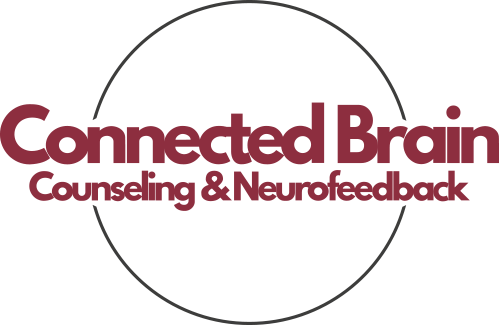The Importance of Communication in Relationships
Communication is how couples express their needs, desires, and feelings. It’s also how they resolve conflicts and navigate challenges together. When communication breaks down, misunderstandings arise, and partners may start to feel disconnected or frustrated. Improving communication helps partners better understand each other, fosters emotional intimacy, and reduces the risk of conflicts escalating.
Key Strategies for Improving Communication
1. Practice Active Listening
One of the most common communication problems in relationships is not truly listening to your partner. Active listening involves fully focusing on what your partner is saying without interrupting, planning your response, or being distracted. To practice active listening, make eye contact, nod to show understanding, and paraphrase what your partner said to ensure clarity.
2. Use “I” Statements Instead of “You” Statements
Using “I” statements is a powerful communication tool because it helps partners express their feelings without sounding accusatory. For example, instead of saying, “You never listen to me,” you can say, “I feel unheard when I try to share my thoughts.” This approach makes it easier for your partner to understand your perspective without becoming defensive.
3. Avoid Blame and Criticism
Blaming or criticizing your partner can quickly lead to conflict and hurt feelings. Instead of focusing on what your partner did wrong, try to express your feelings and needs in a constructive way. For example, instead of saying, “You always leave a mess,” you can say, “I feel stressed when the house is messy, and I’d appreciate it if we could keep things tidy together.”
4. Stay Calm During Difficult Conversations
Emotions can run high during arguments or sensitive conversations, but staying calm is essential for productive communication. Take deep breaths, pause if needed, and try to keep your tone of voice neutral. If emotions are too intense, it might be helpful to take a short break and come back to the conversation when both partners are calmer.
5. Be Mindful of Nonverbal Communication
Nonverbal cues such as body language, facial expressions, and tone of voice can greatly impact how messages are received. Partners should be mindful of their nonverbal signals to ensure they match what they are trying to say. For example, crossing your arms or rolling your eyes during a conversation can send a negative message, even if your words are neutral.
6. Set Aside Time for Open Communication
Busy schedules and distractions can make it difficult for couples to have meaningful conversations. Setting aside dedicated time to talk without interruptions—whether it’s during dinner, a walk, or a specific “check-in” time each week—helps partners stay connected and ensures that both individuals feel heard.
7. Learn to Compromise
In relationships, it’s important to recognize that both partners may have different viewpoints or desires. Compromise is about finding a middle ground where both individuals feel satisfied. Instead of insisting on one solution, work together to find a way to meet each other’s needs.
8. Seek Professional Help if Needed
If communication issues persist and begin to negatively impact the relationship, seeking couples counseling can be incredibly beneficial. A professional therapist can help couples learn new communication techniques, address underlying issues, and provide tools for better conflict resolution.

Gottman Institute – 10 Rules for Constructive Conflict
Psychology Today – Improving Communication in Relationships
Verywell Mind – Tips for Better Communication in Relationships
Improving communication in relationships takes time and effort, but the benefits are worth it. By practicing active listening, using “I” statements, and learning to compromise, couples can build a stronger, more understanding relationship.
If you and your partner are struggling with communication, Connected Brain Counseling is here to help. Our experienced therapists specialize in helping couples enhance their communication and resolve conflicts. Schedule a free consultation today and take the first step towards a healthier relationship.





